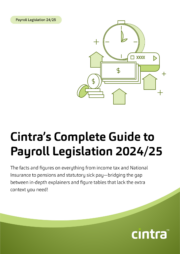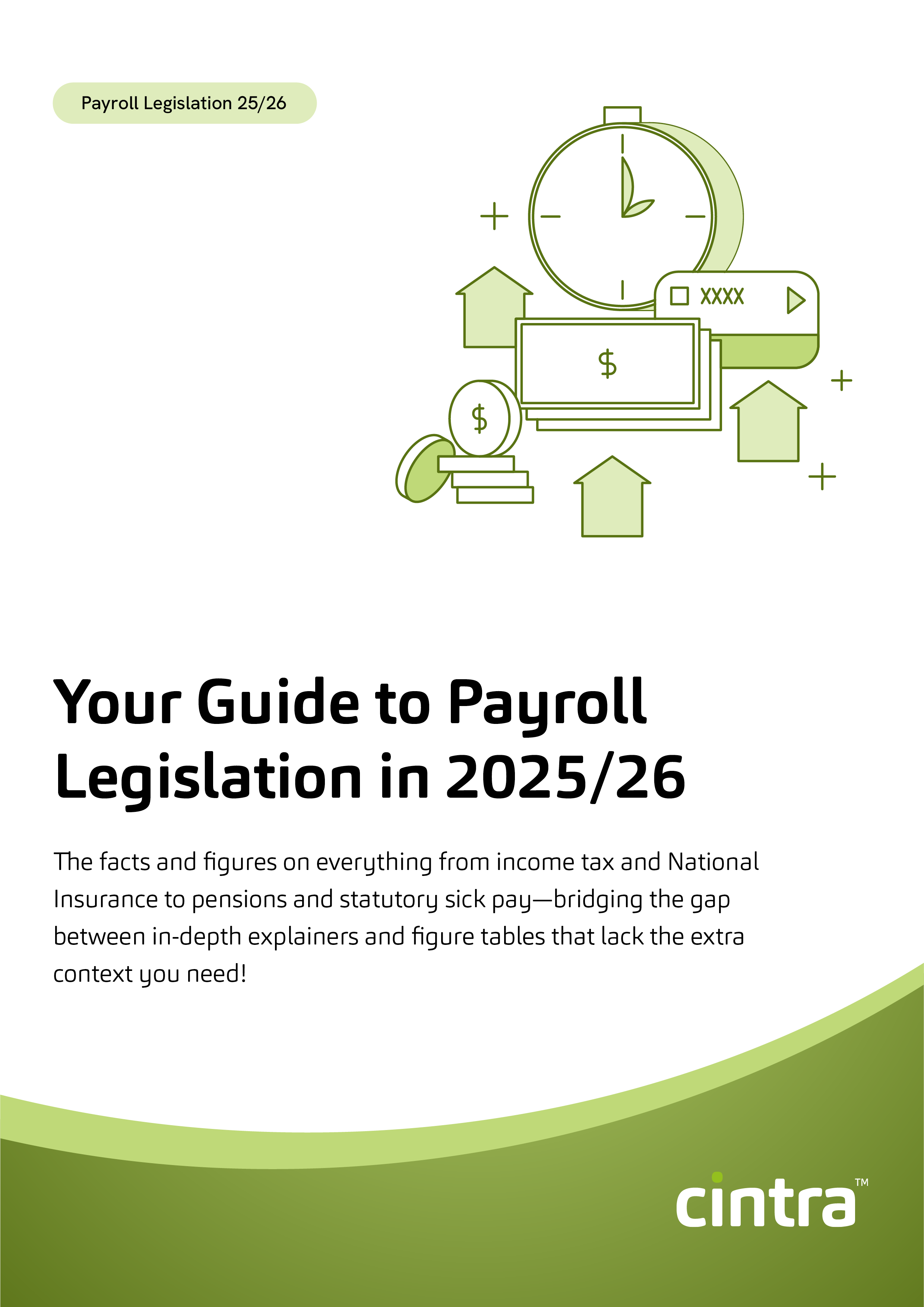After five years of moderate salary increases following the 2020 COVID-19 pandemic, the average pay rise rate for 2025 is projected to slow down compared to previous years.
“After several years of higher salary budget increases, rates are starting to decline, as companies face a new set of challenges in place of the pandemic and Great Resignation.” Paul Richards, Europe Rewards Data Intelligence Leader, at WTW
We’ll get into the reasons behind this, and what you can do to secure an average pay rise in 2025 later on. But first, let’s address the main reason you’re here: by how much will the average pay rise in 2025?
Read on to find out.
How much will the average pay rise in 2025?
According to WTW’s Salary Budget Planning Report, UK employees can expect a 3.9% average pay rise in 2025. This figure represents a slight decrease from the previous year’s average increase of 4.3%.
Is a 3.9% pay increase in 2025 enough?
It’s tricky because it will depend on factors such as your specific industry, role, and location within the UK.
One way to look at it is that while a 3.9% average pay rise might seem underwhelming, it’s still in line with historical trends.
Year | 2020 | 2021 | 2022 | 2023 | 2024 | 2025 |
Average pay rise | 2.2% | 2.4% | 3.2% | 5.3% | 4.3% | 3.9% |
What about the National Minimum Wage?
Many of you will be pleased to hear that the government has decided to increase the National Minimum Wage (NMW) by 6.7%. Starting from April 2025, all UK employees aged 21 and over will be entitled to an hourly rate of £12.21.
This increase is expected to benefit over three million workers, providing a full-time employee with an annual pay boost of approximately £1,400.
What factors will affect the average pay rise in 2025?
Here are some of the key factors that will affect the average pay rise in 2025:
The cost-of-living crisis
The cost-of-living crisis is putting a squeeze on everyone’s wallets, and it’s bound to have a knock-on effect on pay rises too.
As inflation (expected to average 2.6% in 2025) drives up the price of essentials like food, energy, and housing, many employees will feel they need bigger pay rises just to keep up. However, employers might struggle to meet those demands—especially if they’re facing higher operating costs themselves.
This creates a tricky situation: businesses want to retain talent and keep morale high, but they might not have the budget to offer substantial pay increases.
As a result, the average pay rise might end up falling short of what workers need to maintain their standard of living.
Get the latest insights and best practice guides, direct to your inbox.
Industry performance
The average pay rise in 2025 is likely to be closely tied to how industries perform overall.
When industries thrive—seeing strong profits, steady growth, and increasing demand for their products or services—companies within those sectors are more likely to offer higher pay rises to attract and retain talent.
On the other hand, if some industries are hit with challenges like reduced revenue, economic uncertainty, or shifting market demands, companies might have to cut back, which could mean smaller pay rises or none at all.
The Great Resignation
The Great Resignation (aka the Big Quit), which started in 2021 during the COVID-19 pandemic, saw a wave of workers leaving their jobs in search of better opportunities. This movement is still shaping the job market in 2025 and could significantly influence average pay rises.
What can you do to secure a bigger pay rise in 2025?
Yearly average pay rises are all well and good, but if you want to actively take control of your earning potential here are some key actions (with examples) you can take:
Keep a record of your achievements
It’s like building your personal portfolio of success, and it can play a key role in securing a bigger pay rise.
Let’s say you work as a marketing manager. Over the course of the year, you’ve led campaigns that boosted website traffic by 30%, improved the company’s social media engagement, and negotiated a partnership that brought in a significant new client.
If you simply show up to your quarterly review without a detailed record of these wins, it becomes a lot harder for your manager to clearly see the value you bring. They may recall some highlights but might not remember all the specifics. However, if you’ve kept a running list of your achievements, (such as campaign results, or positive feedback from clients), you can use that record as solid evidence to justify why you deserve a raise.
Upskill and reskill
By upskilling and reskilling, you’re showing that you’re not just performing your current role well. You’re also proactively expanding your capabilities to take on more responsibility and add even more value.
Imagine you’re a software developer, and over the past year, you’ve decided to learn a new programming language (say Python), or become proficient in a new framework that the company is beginning to adopt. You’ve taken courses, worked on personal projects, and even helped your team solve problems using the new skills you’ve gained.
Now, when it’s time for your performance review, you can point to the specific ways you’ve upskilled.
This makes it much easier to justify a higher salary.
Exceed expectations
Basically, it’s going above and beyond what’s written in your job description, showing you’re not just meeting the standard but actively raising the bar.
For instance, imagine you work as a project manager. Your job is to make sure projects are completed on time and within budget. Now, doing just that would mean you’re meeting expectations. But let’s say you take it further: you introduce a new project management tool that streamlines workflows, saving your team significant time. On top of that, you start to mentor newer colleagues.
Suddenly, you’re not just a project manager. You’re now a key contributor to the team’s success, and in a much stronger position when it comes to discussing your pay.
Consider looking for a new role
It might seem like a last resort but an effective way to secure a bigger pay rise is by looking for a new job.
Imagine you’re a software developer earning £40,000 a year, but you’ve taken on complex projects and gained new skills that aren’t reflected in your pay. After exploring job opportunities, you land an offer from another company for £50,000, recognising the value of your experience and expertise.
Even if you decide not to take the new role, having that offer gives you leverage. It shows your current employer what the market is willing to pay for someone with your skills.
Choose Cintra to stay on top of the average pay rise in 2025
While average pay rises benefit everyone, they can add extra tasks to your workload.
With Cintra, you don’t need to worry. We’ll make sure that every employee is paid accurately and on time—every single time.
Book a personalised demo today to see either Cintra’s payroll software or outsourced services in action.

Payroll Legislation Guide
The facts, figures, thresholds and allowances for 2024/25 spanning tax, National Insurance, pensions, statutory payments and more.
Download now


